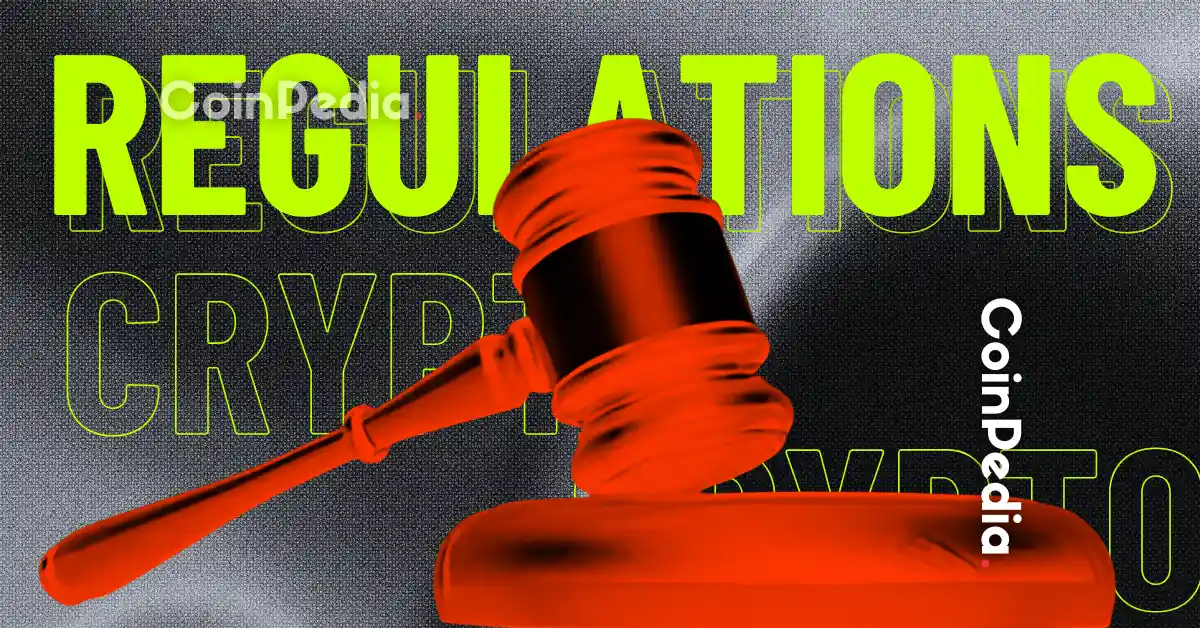
Illinois is leading the way in tackling rising cryptocurrency fraud and ensuring consumer protection in the digital asset sphere. With the boom in decentralized finance, scams have proliferated, leaving many vulnerable to financial harm. To address this, Governor JB Pritzker has signed two groundbreaking bills that aim to regulate digital assets and provide safeguards for consumers: the Digital Assets and Consumer Protection Act (SB1797) and the Digital Asset Kiosk Act (SB2319).
Why This Legislation Matters
Illinois residents lost a staggering $272 million to crypto-related fraud in 2024 alone. With the rapid rise in these crimes, particularly through crypto kiosks, the state has initiated these measures to ensure a safer environment for investors and users. The Digital Assets and Consumer Protection Act equips regulators with the authority to oversee crypto businesses, ensuring transparency and accountability. The law requires these companies to maintain sufficient financial resources and risk management strategies to combat cybersecurity threats and money laundering.
The Digital Asset Kiosk Act, on the other hand, focuses on regulating crypto ATMs. Fraud involving kiosks surged dramatically from 2020 to 2023, making this a crucial area of focus. Prominent features of this act include immediate fraud protection measures, such as refunds for scam victims, and requiring all crypto ATM operators to register with the Illinois Department of Financial and Professional Regulation (IDFPR) by July 1, 2027.
Illinois Sets a National Example
Illinois isn’t the only state confronting crypto fraud. Other states like Vermont, Arizona, and Nebraska have enforced measures like daily transaction limits on kiosks, licensing for operators, and mandatory refunds for fraud victims. However, Illinois’ approach is unique in its dual focus on comprehensive regulatory oversight and fostering innovation. These laws are designed to balance investor protection while encouraging responsible growth in the digital asset market.
Critics of previous deregulation policies in the crypto space have pointed out the harm caused by a lack of oversight. For instance, the Trump administration faced scrutiny for a 2019 decision reversing an IRS rule that might have demanded more accountability from decentralized finance platforms. By contrast, Illinois is showcasing how states can responsibly manage innovation while shielding consumers from risks.
Protect Yourself in the Crypto Space
To minimize risks when dealing with cryptocurrencies or using crypto ATMs, always verify the authenticity of the platform you are using. Look for platforms that are compliant with state regulations and emphasize user safety. If you’re new to crypto and want reliable tools, consider Ledger hardware wallets, which are designed for secure storage of your digital assets.
As the world of cryptocurrency continues to evolve, Illinois’ legislative actions are a proactive step toward ensuring consumers can participate in this space securely. By implementing these protections, Illinois is striking a critical balance between fostering technological innovation and prioritizing public welfare.






